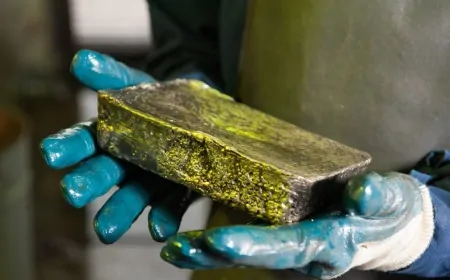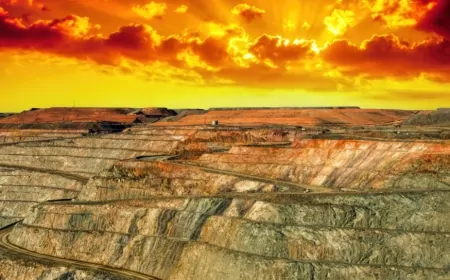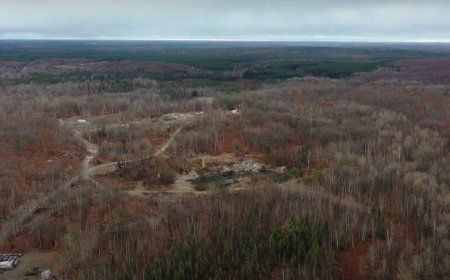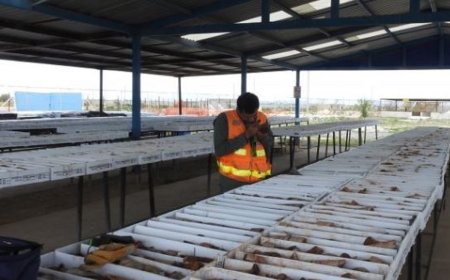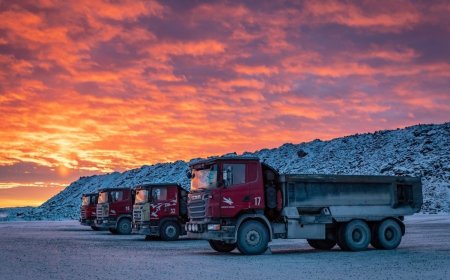Yukon First Nation demands mining halt after Eagle mine heap leach failure
First Nations call for an independent public inquiry into the incident
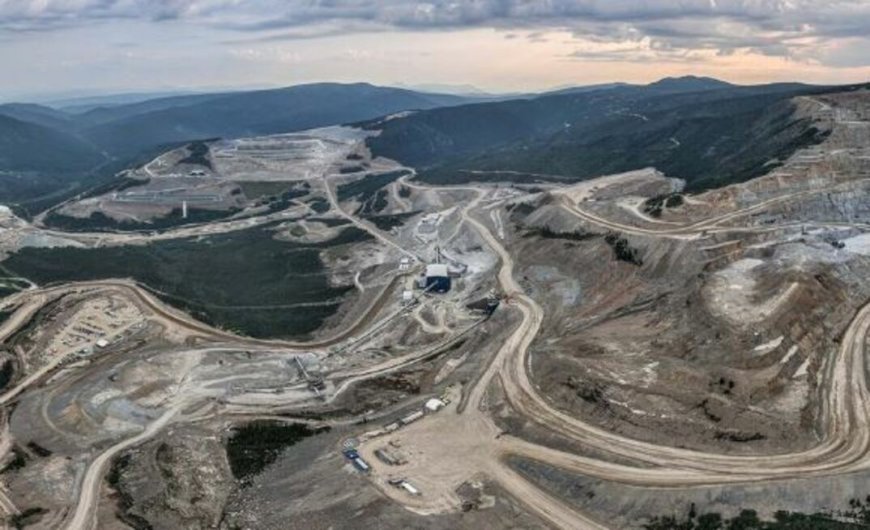
The First Nation of the Na-Cho Nyäk Dun (FNNND) has demanded an immediate halt of all mining activity on its traditional lands and an independent investigation and review of Victoria Gold's Eagle mine failure, following the heap leach failure last week.
"There must be an independent investigation and review immediately to understand environmental impacts from this disaster," FNNND Chief Dawna Hope said. "All mining activity must pause until there is a land use plan that limits development and includes rigorous oversight and enforcement of mining and industrial operations on our territory."
"We will pursue every available avenue, including legal options, to protect and preserve our rights and to ensure that this environmental catastrophe is addressed and the lands and waters of our territory are safe for the fish, wildlife and people that have relied on them for generations."
Heap leach failure
On June 24, the heap leach pad, which uses cyanide solution, failed at the Eagle gold mine in Yukon, Canada. Victoria Gold confirmed there had been damage to infrastructure and that "a portion of the failure has left containment" and temporarily suspended the mine while it assessed the situation.
In a statement, Yukon's government said it's too early to determine the cause of the failure, but it involved a slide of the ore stacked in the heap leach facility, which caused ore to spill over the embankment at the base of the heap facility.
The authorities added that it is helping Victoria Gold review its plans to address the environmental and safety risks of the failure and that, based on currently available information, drinking water in the nearby town of Mayo is safe to drink.
"Although we believe any potential risk is extremely low, out of an abundance of caution, Environmental Health Services will support the village of Mayo in ongoing coordination of drinking water analyses to monitor for contaminants of concern until more is understood about the details of the event," Yukon's mining minister John Streicker said.
However, the mayor of Mayo, which is around 50km south of the mine site, described the failure as "catastrophic" and expressed his concerns about its impact on his community and the territory as a whole. Similarly, MiningWatch Canada said there is cause for concern about the potential for cyanide to get into waterways.
More oversight needed
Since starting production in 2019, the Eagle mine has had a history of heap leach issues, including multiple cyanide leaks.
The First Nation of the Na-Cho Nyäk Dun said that the Eagle mine heap leach pad failure and resulting cyanide contamination is the "most recent of many examples of how lack of mining regulation and negligent government oversight is threatening community and wildlife health and safety".
The First Nation added that land use planning and rigorous safety and regulatory processes are urgently required to prevent repeated mining incidents.
The FNNND's traditional territory covers over 160,000sq.km, and nearly half of Yukon's mining activity – more than 80,000 claims – is within its territory, the First Nation said. It added that while mining benefits the region, it requires a precautionary approach and rigorous oversight.
"Very few projects (less than 1%) are denied, and there is little oversight or enforcement of operations," it said. "The status quo is not tenable."
"We have been sounding the alarm for decades on the need for sustainable development and responsible mining," Chief Dawna Hope said. "The integrity of our lands, people, and ecosystems are our top priority."
The White River First Nation, from western Yukon, also called for a public inquiry last week.
"Once a plan is in place to deal with the immediate crisis, we are calling on the Yukon government to hold a fully transparent public inquiry into why this disaster took place, to find out what failed Yukoners, and to develop regulatory measures and recommendations to ensure that this kind of disaster can never happen again in our territory," Chief Bessie Chasse said.
"This disaster and the potential irreversible downstream impacts on our watersheds are incredibly alarming," Chasse added. "This situation is exactly why we have been so diligent with ensuring that mining projects like Newmont's Coffee Creek Gold and Western Copper and Gold's Casino, are held fully accountable for their plans and activities."
"Too often with mines like Faro, Mount Nansen, Minto and Yukon Zinc we have seen companies complain about slow regulatory processes, and then leave massive environmental issues behind them, that Yukoners and all taxpayers have to suffer the consequences of."
What's Your Reaction?








